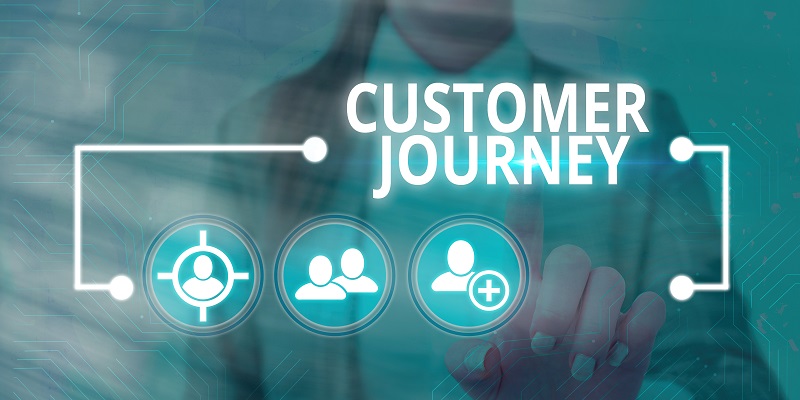In today’s highly competitive market, understanding the customer journey has become paramount for businesses aiming to deliver exceptional experiences. This article explores the significance of customer journey orchestration (CJO) software and how it empowers marketers to connect real-time data points from various channels, touchpoints, and systems, enabling them to gain valuable insights into the customer journey over time.
Understanding the Customer Journey
In a multi-channel world, customers interact with businesses through various touchpoints. A comprehensive customer journey analytics approach recognizes this and tailors interactions based on individual preferences. By embracing this understanding, businesses can provide seamless experiences that cater to their customers’ channel preferences.
Benefits of Customer Journey Orchestration
Customer journey orchestration goes beyond individual touchpoints; it nurtures the relationship between customers and brands. By analyzing the customer journey as a whole, businesses can design strategies that foster loyalty, repeat purchases, and brand advocacy, driving long-term business success.
Gathering Data across Touchpoints
To gain a holistic view of the customer journey, marketers must gather data from every touchpoint, including call centers, chatbots, in-store interactions, and more. Customer journey orchestration software facilitates the seamless integration of data, ensuring a comprehensive understanding of customer behaviors and preferences.
Delivering contextually relevant experiences requires gathering data in real time and responding promptly. Customer journey orchestration software allows businesses to collect and analyze real-time data, empowering them to make informed decisions and take immediate action when necessary.
Identifying and Eliminating Roadblocks
To provide exceptional experiences, businesses must identify and eliminate roadblocks that hinder customers’ journeys. Customer journey orchestration practitioners excel at identifying these pain points and devising strategies to eliminate them, ensuring smooth transitions for customers throughout their journeys.
By seamlessly addressing roadblocks, businesses can enhance the overall customer experience. Understanding pain points and providing solutions can result in increased customer satisfaction, improved engagement, and ultimately, higher conversions.
Leveraging Artificial Intelligence and Machine Learning
Artificial intelligence (AI) and machine learning (ML) are instrumental in personalizing the customer journey. With AI and ML-powered algorithms, businesses can analyze vast amounts of data to create individualized experiences that resonate with customers’ preferences, behaviors, and needs.
Real-time insights and next best actions
AI and ML enable businesses to generate real-time insights and determine the next best action for a specific customer. By leveraging predictive analytics and automation, marketers can deliver timely, relevant experiences that increase customer satisfaction and drive conversions.
The Functionality of Customer Journey Orchestration Software
Customer journey orchestration software serves as the central hub for gathering, integrating, and analyzing real-time data from multiple channels and touchpoints. This functionality empowers marketers to create comprehensive customer profiles and gain in-depth insights into their journey.
By harnessing the power of customer journey orchestration software, businesses can gain valuable insights into customers’ behaviors, preferences, and pain points. This information provides marketers with the foundation to design data-driven strategies, resulting in optimized customer experiences.
Incorporating Customer Focus in Marketing Operations
As businesses evolve, it becomes increasingly critical for them to prioritize customer needs. Customer journey orchestration tools align marketing operations with customer expectations, helping businesses create personalized and consistent experiences that meet customer demands.
By leveraging customer journey orchestration software, brands can gather insights from their target audience and act upon them. This proactive approach enhances customer satisfaction and loyalty, as brands are better positioned to deliver experiences that align with individual expectations.
In conclusion, customer journey orchestration software plays a pivotal role in understanding and enhancing the customer journey. By connecting data points, identifying roadblocks, leveraging AI and ML, and empowering customer-centric approaches, businesses can deliver exceptional experiences that nurture relationships, drive repeat purchases, and promote brand advocacy. Embracing this technology is essential for organizations striving to stay competitive in today’s dynamic marketplace where customer experience reigns supreme.

